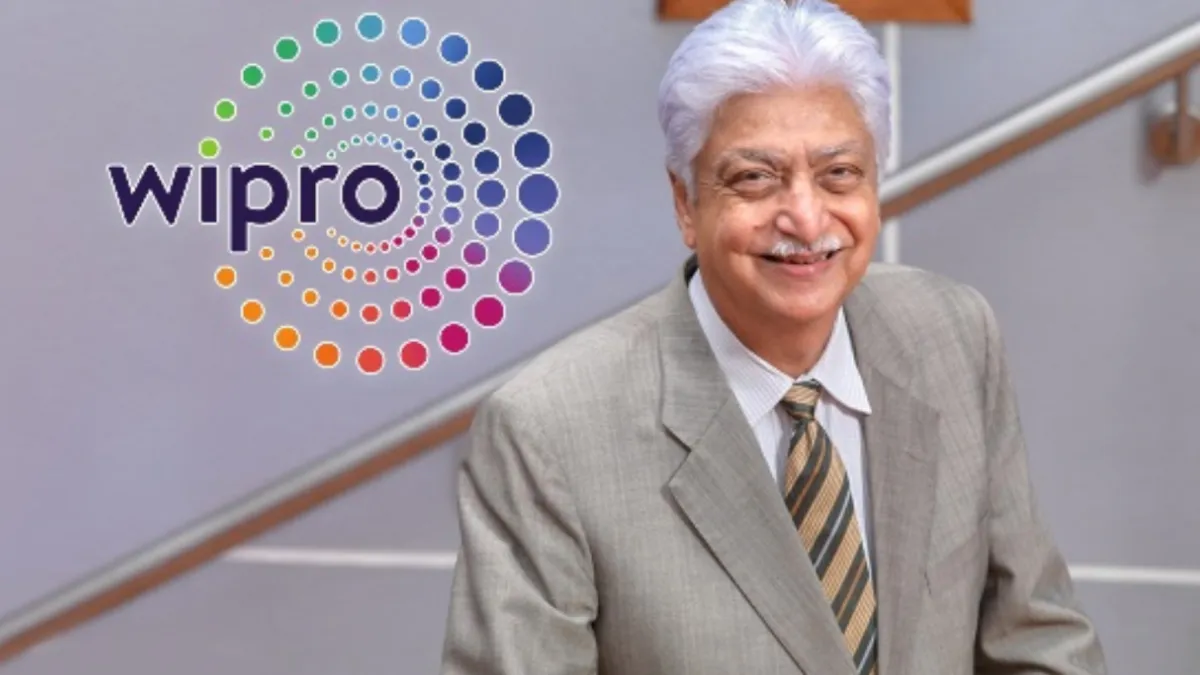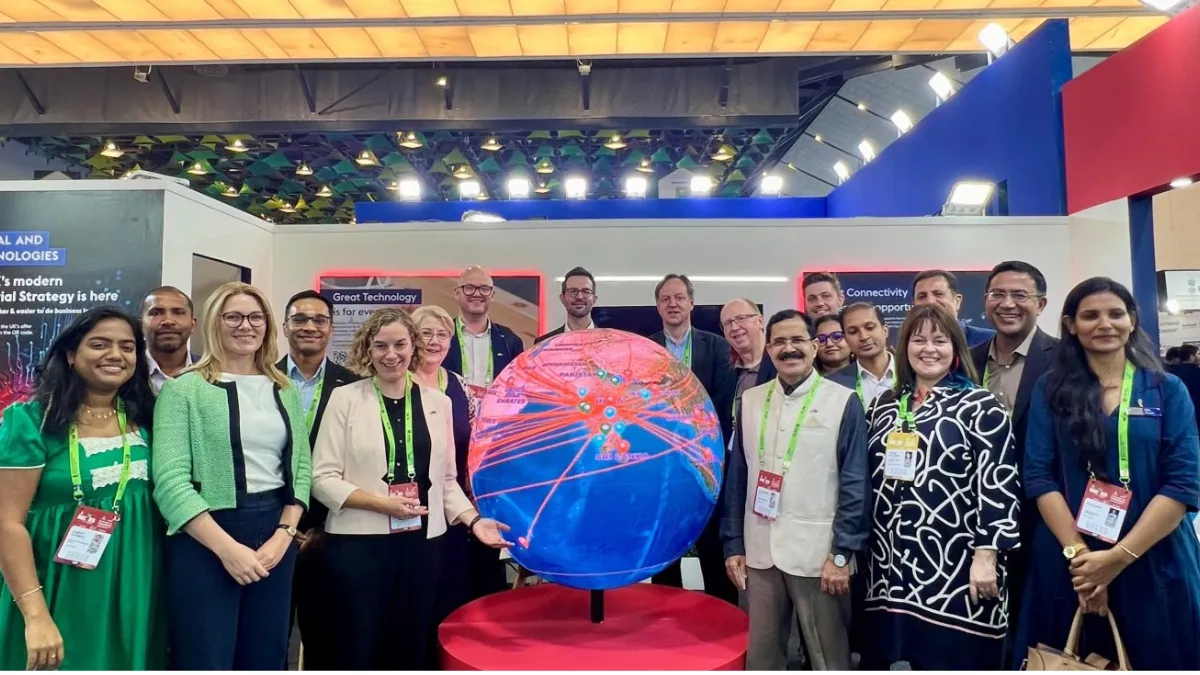Bengaluru: In a recent development concerning the worsening traffic situation in Bengaluru, Wipro owner Azim Premji has formally declined the state government’s request to open the company’s Sarjapur campus for public vehicular movement. The decision comes after Karnataka Chief Minister Siddaramaiah sought corporate cooperation to alleviate the persistent congestion along the city’s roads, particularly the Outer Ring Road (ORR).
The Chief Minister’s letter had specifically requested whether Wipro could allow its Sarjapur campus to be used as a public thoroughfare, aiming to reduce traffic snarls in the area. While Azim Premji expressed understanding of the traffic challenges, he maintained that opening the private SEZ campus to public traffic is not legally or operationally feasible.
In his response, Wipro owner Azim Premji acknowledged the seriousness of Bengaluru’s traffic woes and reiterated Wipro’s readiness to collaborate with government initiatives on mobility solutions. He designated senior company executive Reshmi Shankar to serve as the liaison for further discussions with state authorities, reflecting the company’s willingness to engage constructively on urban transport challenges.
Legal and Operational Constraints Highlighted
Azim Premji pointed out several critical reasons why allowing public vehicular movement through the Sarjapur campus is not a viable solution. Firstly, the campus falls under the Special Economic Zone (SEZ) category, which imposes strict governance and access control regulations. As a global IT services provider, Wipro has contractual obligations to ensure secure operations for its international clients, making unrestricted access incompatible with its compliance framework.
“With respect to the specific suggestion of allowing public vehicular movement through our Sarjapur campus, we apprehend significant legal, governance, and statutory challenges since it is an exclusive private property owned by a listed company not intended for public thoroughfare,” Mr. Premji explained.
He also emphasized that while the proposal may seem like a short-term relief, it would not constitute a sustainable, long-term solution to Bengaluru’s traffic congestion problem.
Call for a Scientific and Expert-Led Approach
Rather than implementing ad-hoc measures, Wipro owner Azim Premji urged for a comprehensive and data-driven approach to tackle the traffic problem along the ORR. He highlighted that the corridor is a vital export-oriented zone, and piecemeal interventions would not adequately address the multifaceted issues contributing to congestion.
“The problem’s complexity, stemming from multiple factors, suggests that there is unlikely to be a single point solution or a silver bullet to resolve it. To this end, we believe the most effective path forward is to commission a comprehensive, scientific study led by an entity with world-class expertise in urban transport management,” Mr. Premji stated.
According to him, such a study would enable the development of a holistic roadmap for traffic solutions that are implementable in the short, medium, and long term. Demonstrating Wipro’s commitment to the city, Azim Premji offered to underwrite a significant portion of the cost for this expert-led urban transport analysis.
Wipro’s Role as a Responsible Corporate Citizen
This correspondence underscores the evolving role of private sector stakeholders like Wipro in shaping urban infrastructure and mobility policy. As Bengaluru continues to emerge as a global tech hub, the city’s traffic issues have become increasingly complex, requiring innovative and scientifically grounded interventions.
Azim Premji, known not only for his leadership at Wipro but also for his philanthropic endeavors, has consistently advocated for evidence-based policymaking. In this instance, his response balances corporate responsibility with practical limitations, highlighting the need for sustainable urban planning rather than temporary shortcuts.
Wipro’s willingness to financially support a scientific study also demonstrates the potential for collaboration between government agencies and private companies. This model could serve as a template for other tech-driven cities in India facing similar traffic challenges.
The Broader Traffic Scenario in Bengaluru
Bengaluru has long struggled with traffic congestion due to rapid urbanization, a surge in IT and tech-driven employment, and inadequate public transport infrastructure. The ORR, a critical artery connecting key tech parks and residential areas, is particularly affected, with bottlenecks becoming a daily reality for commuters.
Urban planners and traffic experts often warn that quick fixes like opening private campus roads may offer temporary relief but fail to resolve underlying structural problems. By calling for an expert-led, data-driven study, Wipro owner Azim Premji aligns with these expert recommendations, emphasizing long-term, sustainable urban mobility strategies.
Also read: Gold Price Today: Yellow Metal Slips ₹125 in Futures as Investors Await U.S. Inflation Data
Corporate Governance Meets Urban Responsibility
The letter also highlights the legal and governance aspects of corporate operations. As Wipro operates under global contractual obligations and SEZ regulations, the company must maintain stringent access controls. Allowing unrestricted public vehicular access could breach contracts, violate statutory norms, and potentially compromise security protocols.
Despite these constraints, Azim Premji expressed respect for the government’s initiative and reiterated Wipro’s readiness to cooperate in alternative, feasible ways. This approach showcases a responsible and strategic method of corporate engagement with public infrastructure challenges.
Also read: PM Modi Trump May Meet Soon: US Official Highlights Strong Ties Despite Trade Disputes
Conclusion
In conclusion, Wipro owner Azim Premji’s refusal to open the Sarjapur campus for public traffic is grounded in legal, operational, and compliance considerations. At the same time, the company’s offer to fund a scientific study on Bengaluru’s traffic problems demonstrates a proactive commitment to finding long-term solutions.
As urban centers like Bengaluru continue to grow, collaboration between government authorities and corporate entities will be crucial for designing sustainable transport solutions. Wipro’s measured response serves as a model for balancing corporate governance with civic responsibility, ensuring that both private and public interests are carefully addressed.


















